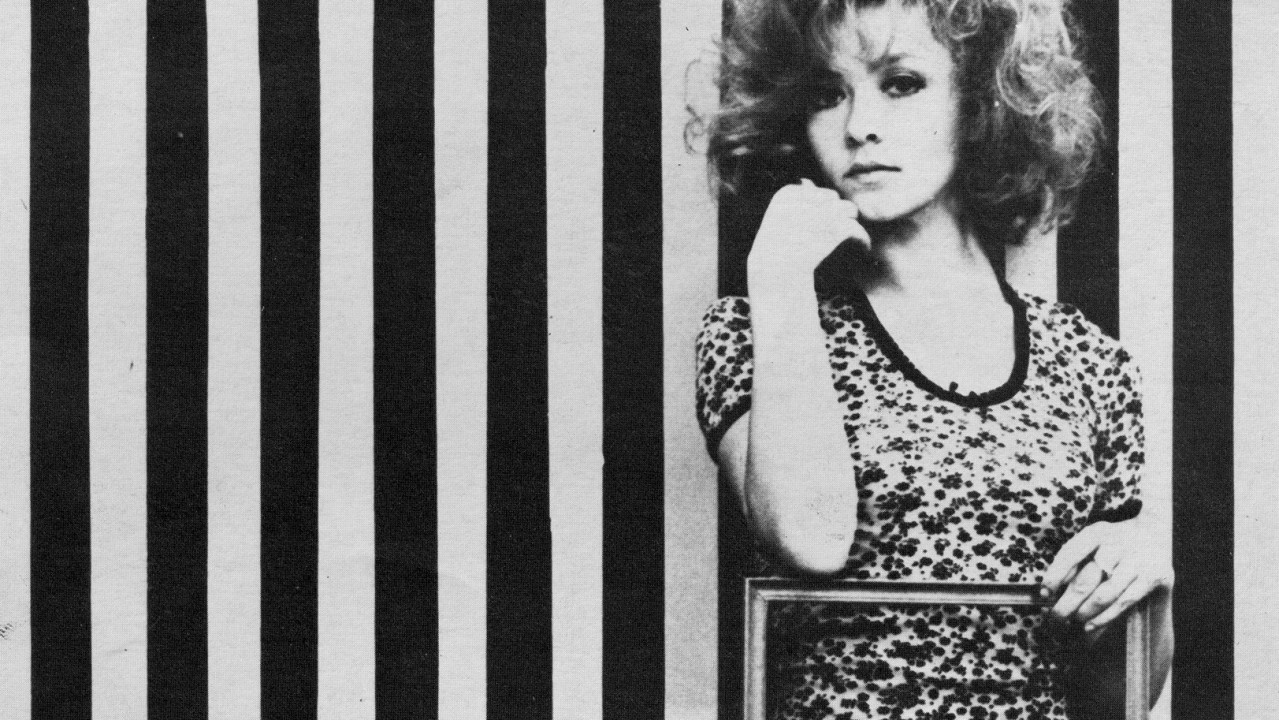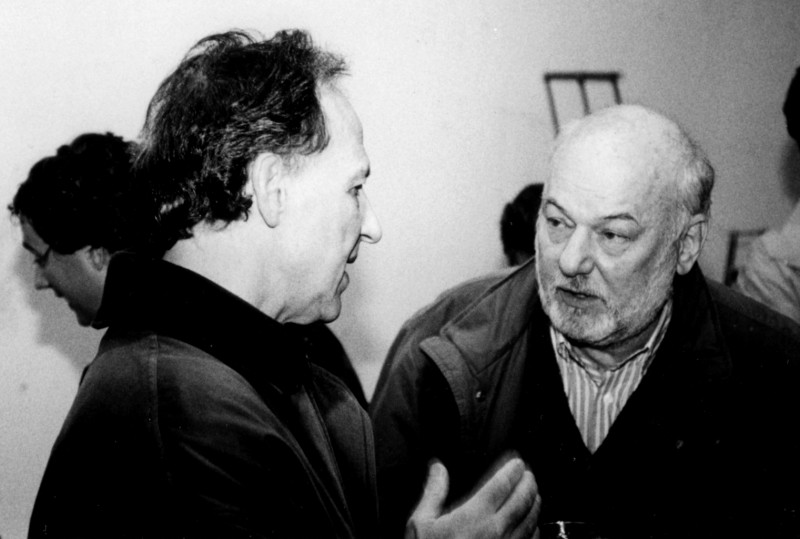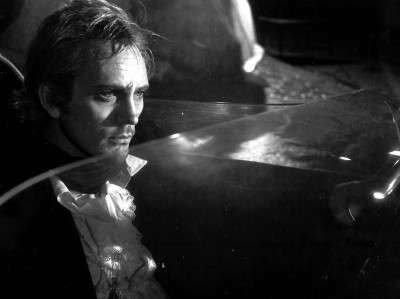
A prophet of joy rather than doom, Makavejev points out the idiotic and masturbatory bases of this era of the concentration camp and the closed mind. Prophet of joie de vivre, he hands to Jeremiah a box of balloons, to Ezekiel a do-it-yourself taxidermist kit. When Godard constipates, Makavejev induces a blessed liberation of the bowels.
Dusan Makavejev (b. 1932) occupies a singular and unassailable place in the history of the postwar European cinema as the director of a series of visionary and brazenly iconoclastic films that dramatically shifted the cinematic landscape of the 1960s and early 1970s. Channeling his fascination with surrealism, history and, above all, human sexuality, Makavejev invented a taboo-shattering mode of cinema that used radical montage techniques to deliver an extraordinary intervention against the stultifying main-stream formal and ideological tendencies of the cinema and against the established traditions of the art house film in particular. Combining archival footage with risqué performance art, political sloganing with free-form poetry, academic interviews with archaic rants, Makavejev's films use a dream-like collage logic to propose a type of anti-narrative cinema designed to awaken the potential of film as an inherently political and popular art. In his best known works W.R.: Mysteries of the Organism and Sweet Movie Makavejev plunged deep into the psycho-sexual unconscious of the post-1968 West to offer dizzying, kaleidoscopic visions of a world torn asunder by the contradictions of late capitalism and the sexual revolution. W.R. and Sweet Movie fearlessly combined shocking imagery of orgiastic sex, bizarre violence and political diatribe with a clear intent – to declare the intersection of sex and politics as a fundamental logic of the 20th century, a cause of epic world wars and individual sexual frustrations alike. Impatiently ahead of his time, Makavajev's radical filmmaking was controversial from its very start. With W.R. and Sweet Movie, however, Makavejev seemed to have gone too far, unleashing a ballistic attack from censors and mainstream critics which drove him into exile from his native Yugoslavia and threatened to end his filmmaking career. Only in recent years have Makavejev's truly unclassifiable films been rediscovered and recognized for their tremendous accomplishments – for their pioneering melding of documentary and fiction filmmaking conventions, for their politically astute rendering of late capitalist society, and for their exhilarating and dark, satiric humor.
Active in Yugoslavia's vibrant cine-club scene as a young man, Makavejev began directing his first amateur films while completing his undergraduate studies in psychology at the University of Belgrade. Upon graduation Makavejev enrolled in the national film school and began to direct a series of provocative and structurally sophisticated documentary shorts that revealed the equal influence of British documentary and surrealist cinema while covering a range of contemporary and offbeat subjects – workers’ unions, beekeepers, beauty queens. In 1965, Makavejec was recognized as a promising talent and invited by the state-run Avala Film studio to direct his first feature, Man Is Not a Bird which drew international praise as the expression of a new voice in Eastern European cinema, while local critics decried Makavejev's dark humor and perceived cynicism- qualities even more apparent in his second feature, Love Affair, or The Case of the Missing Switchboard Operator. Labeled as a leading figure in the subsequently named Novi Film (New Film) – also derisively called the "Black Cinema" movement by antagonistic critics – Makavejev found meteoric fame with his celebrated yet still controversial classics of counter-cinema, W.R. and its audacious follow-up Sweet Movie whose scandalous reception derailed Makavejev's career until his return in the Eighties with three features – Montenegro, The Coca-Cola Kid and Manifesto – that revealed a gentler, ruminative brand of Makavejev's political satire. During this same period Makavejev was invited by Robert Gardner to teach filmmaking in Harvard's Visual and Environmental Studies Department where he was beloved as an inspirational legendary teacher and mentor. – Haden Guest
About The Collection
A list of more than twenty films, trailers and clips made by and about Dusan Makavejev can be found in the Harvard Library catalog. Included in the collection are his films WR: Mysteries of the Organism (1971); Love Affair (1967); his appearance in 1973 on Screening Room, a Boston television series developed and hosted by Robert Gardner; and excerpts from Makavejev's now-lost compilation Bergman's Non Verbals created for an international "Bergman and Dreams" conference held at the Carpenter Center in 1978.






